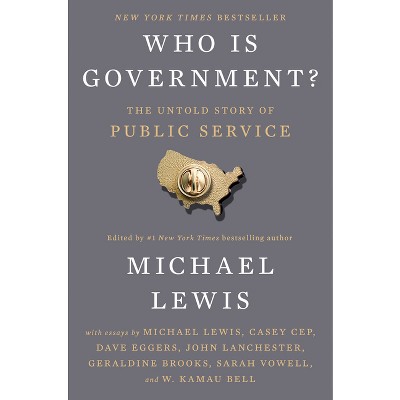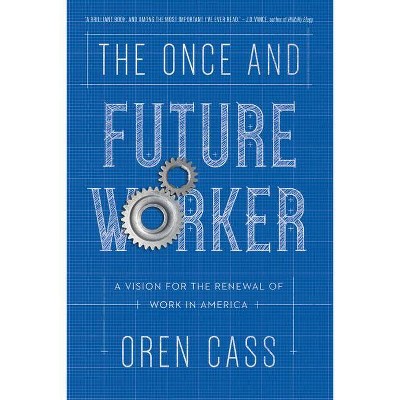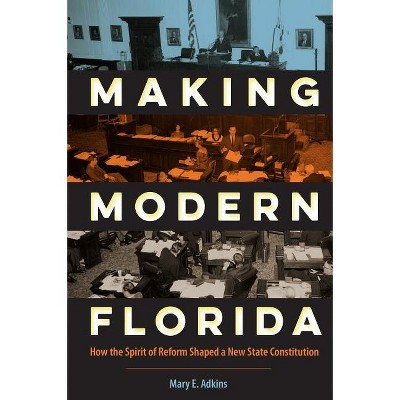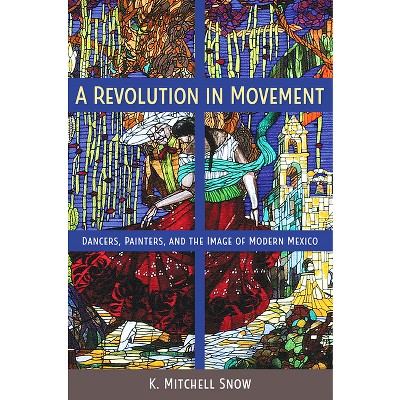Chambers V. Florida and the Criminal Justice Revolution - (Government and Politics in the South) by Richard Brust

$35.49 when purchased online
Target Online store #3991
About this item
Highlights
- The history and enduring legacy of a breakthrough casein criminal justice reform In 1940, the UnitedStates Supreme Court decided in Chambers v. Florida to ban confessionsobtained through mental or physical coercion in criminal trials.
- Author(s): Richard Brust
- 244 Pages
- History, African American
- Series Name: Government and Politics in the South
Description
About the Book
This book explores the history and enduring legacy of Chambers v. Florida, a landmark ruling that banned confessions obtained through mental or physical coercion in criminal trials and contributed to what is now known as the "criminal procedure revolution."Book Synopsis
The history and enduring legacy of a breakthrough casein criminal justice reform In 1940, the United
States Supreme Court decided in Chambers v. Florida to ban confessions
obtained through mental or physical coercion in criminal trials. This landmark
ruling laid the groundwork for many later protections for those in the custody
of law enforcement. This book shows how the case contributed to what is now
known as the "criminal procedure revolution," a series of Supreme Court rulings
that found protections in the Bill of Rights applied not only to defendants in federal
cases but also to those in state legal systems.
The trial that sparked this chain of
events resulted from the robbing and murder of a white fish-market owner in Pompano,
Florida, in 1933. Local law enforcement officers extracted confessions from
four Black migrant workers after a week of torture and abuse. Simuel McGill, a
Black lawyer based in Jacksonville, mounted appeals, kept the accused men safe from
lynchings, and eventually took the case to the nation's highest court, where
Justice Hugo Black, among other parts of the ruling, compared justice systems
in the Jim Crow South to those of totalitarian nations in 1930s Europe. This
book fully explores the case, often overlooked by historians, and its ripple
effects--such as the "Miranda rights" formalized in 1966, including the "right
to remain silent."
"Chambers v.
Florida" and the Criminal Justice Revolution demonstrates the influence of
African American lawyers in early criminal and civil rights cases, as well as
the growing public awareness of abuses of power by white sheriffs and law
enforcement authorities during this time. It highlights the ever-present need
to safeguard protections for minority and impoverished individuals accused of
crimes, reminding readers that with perseverance and vigilance, justice can
prevail. A volume in the series Government and Politics in the South, edited by
Sharon D. Wright Austin and Angela K. Lewis-Maddox
Dimensions (Overall): 9.0 Inches (H) x 6.0 Inches (W) x .55 Inches (D)
Weight: .73 Pounds
Suggested Age: 22 Years and Up
Series Title: Government and Politics in the South
Sub-Genre: African American
Genre: History
Number of Pages: 244
Publisher: University Press of Florida
Format: Paperback
Author: Richard Brust
Language: English
Street Date: May 20, 2025
TCIN: 94589411
UPC: 9780813081021
Item Number (DPCI): 247-43-4869
Origin: Made in the USA or Imported
If the item details above aren’t accurate or complete, we want to know about it.
Shipping details
Estimated ship dimensions: 0.55 inches length x 6 inches width x 9 inches height
Estimated ship weight: 0.73 pounds
We regret that this item cannot be shipped to PO Boxes.
This item cannot be shipped to the following locations: American Samoa (see also separate entry under AS), Guam (see also separate entry under GU), Northern Mariana Islands, Puerto Rico (see also separate entry under PR), United States Minor Outlying Islands, Virgin Islands, U.S., APO/FPO
Return details
This item can be returned to any Target store or Target.com.
This item must be returned within 90 days of the date it was purchased in store, shipped, delivered by a Shipt shopper, or made ready for pickup.
See the return policy for complete information.










